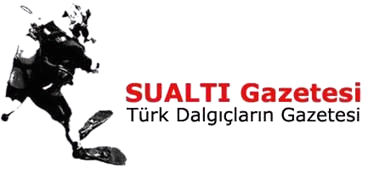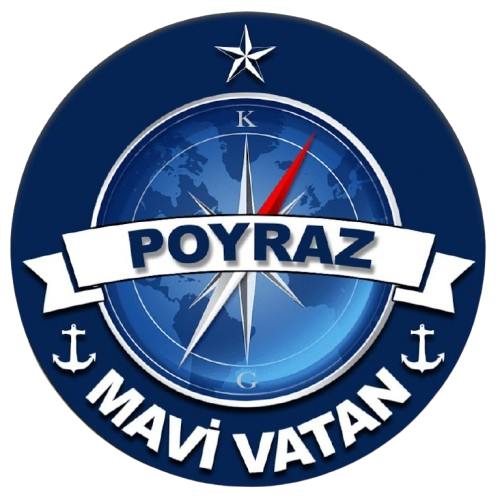Scuba diving grew because local instructors and owner-run canters-built trust one diver at a time. You knew your reefs and wrecks, your seasons and risks. Recently, a different message has spread: “You won’t survive unless you only support a big training agency.”That message is powerful—and dangerous.
If you allow one brand to control your leads, your marketing, and your price signals, your business shifts from independent to dependent.
Why does this matter?
Control: If your bookings come through channels you don’t own, rules can change overnight, leaving you powerless.
Margins: Relying on outside platforms means surrendering value. Owning your leads keeps revenue in your business and safeguards your independence and self-determination.
There’s another uncomfortable truth: dive professionals collectively spend more promoting agency brands than the agencies do themselves. Membership fees, branded course materials, platform commissions, and enforced trade practices all add up to a massive, coordinated campaign that pushes the agency name first. With such bulk marketing, where does the power sit? If one brand dominates, who ends up setting course prices—and who decides who gets the business?
The risk of total control
Many professionals already feel trapped by the large training agencies. Resorts and employers often insist on “XYZ Instructor” credentials, not because the training is better, but because marketing has conditioned the market to equate a logo with competence. Divers themselves sometimes ask for a card from the biggest brand simply because it is the only name they know.
This is not genuine demand; it is manufactured dependency. Every year, professionals collectively spend millions on memberships, branded materials, and agency-driven campaigns. That money fuels the cycle: the more we pay, the more dominant the brand becomes, and the less visible independent professionals stay.
If this trend continues unchecked, the industry risks sliding into total control. Prices for courses, terms of trade, and even access to jobs could be dictated by a handful of corporations. The freedom of dive professionals to build and profit from their own businesses will be eroded, replaced by dependency on a central brand.
That is why #TakeBackTheOcean is urgent. The longer professionals delay in reclaiming their independence, the harder it will be to recover.
A clear principle
- Training agencies exist for standards and portability—they provide the passport.
- Your brand is for trust, value, and growth—that is the journey.
Keep those roles separate in your business and in your marketing.
Use independent real estate.
You need a mix of owned and neutral platforms that promote your brand, not an agency marketplace.
Owned channels
- Your website: fast, mobile-first, with real-time booking.
- Your email list: still the highest-ROI channel in diving.
- Your social media: promo videos, dive briefings, de-briefings, and gear tips.
Neutral channels (non-agency)
- Tourism boards and destination portals.
- Independent dive directories and travel marketplaces.
- Hotels, yachts, sailing partners, photographers.
- Local media and blogs that accept guest articles.
Wherever you list:
- Lead with your brand and location.
- Link directly to your site.
- Ensure the call-to-action books with you.
What to stop (today)
- Stop leading with agency logos. Use your brand first, place credentials in the footer.
- Stop paying for campaigns that land on agency pages. If you pay, traffic should be yours.
- Stop waiting for agency platforms to deliver bookings. Build your own booking system tied to your calendar.
- Stop believing the fear pitch: “You will not survive without us.” Track the costs of platform leads—membership fees, hidden commissions, lost margins—against the returns. You may find the cost outweighs the benefit.
Always meet contractual obligations, but nothing more. If a membership requires standards compliance, meet the minimum—and invest the rest of your energy in your own name.
The scuba illusion
The reality: success comes from your reputation and delivery, not their brand. Other recreational industries prove this. Cycling, for example, doesn’t require certification to take part, yet it far outnumbers scuba in participants. This suggests that over-certification and excessive costs may be suppressing scuba’s growth.
Why is scuba different? Because big agencies act like an overweighted diver, dragging the industry down with high costs, restrictions, and control.
Safety standards matter; corporate dominance does not.
What to start (this month)
- Rebuild three core pages: Learn to Dive, Progression, Signature Experiences.
- Create dive site pages: seasonality, conditions, marine life, photos.
- Launch a simple email rhythm: one tip, two dates, one photo story every two weeks.
- Partner outside the agency world: hotels, sailing schools, camera stores, universities.
- Price with clarity: tiered options, value-adds, fair refunds.
Measure what matters
- Leads from your own site: target 70%+ in six months.
- Compare realized revenue from agency leads against costs.
- List growth: +200 new subscribers in 90 days.
- Repeat rate: AOW or specialty within 90 days of OW.
- Reviews: frequent mentions of safety, care, and local knowledge.
- Margin per student: rising as agency fees drop.
A fair warning—and a better future
Agency platforms can send you work today. But over time, dependence grows visibility tied to scores you don’t control, prices aligned to “recommended” levels, and careers built on agency goodwill.
Choose a different path. Build your name. Own your demand. Teach for your waters and your divers. Use agencies for what they do best—standards and credentials—while you invest in the brand that will still be here in ten years: yours.
That is how we #TakeBackTheOcean.
Learn more at: https://www.diveisc.com
THE SCUBA NEWS Link !
DemirHindiSG 16 Eylül 2025-21:46







